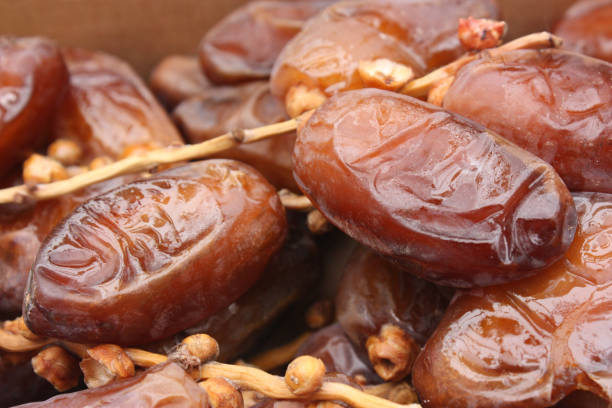Kurma Tangkai: Cultural and Religious Significance of These Dates

Introduction
Kurma Tangkai are a unique variety of dates that possess not only a distinct taste but also cultural and religious significance. These dates hold a special place in various cultures and religions, playing a role in traditional practices and celebrations. In this blog post, we will delve into the cultural and religious significance associated with these dates and explore the rich heritage that surrounds them.
The Cultural Significance of Kurma Tangkai
1. Traditional Cuisine and Festivals
Kurma Tangkai is an integral part of traditional cuisine in many cultures. These dates are often used in a variety of dishes, such as desserts, pastries, and traditional sweets. Their unique flavor and texture add a delightful touch to the culinary creations, making them a favorite among food enthusiasts. Additionally, these dates play a prominent role in festive occasions and celebrations, where they are shared with family and friends as a symbol of joy and abundance.
2. Symbol of Hospitality and Generosity
In many cultures, offering Kurma Tangkai to guests is a gesture of hospitality and generosity. These dates are seen as a symbol of welcome and warmth, and they are often served to visitors as a sign of respect and goodwill. Sharing them with others is considered an act of kindness, fostering a sense of community and togetherness.
The Religious Significance of Kurma Tangkai
1. Islamic Traditions
In the Islamic faith, dates hold great religious significance, including Kurma Tangkai. Dates are mentioned in the Quran and are believed to be the favorite fruit of the Prophet Muhammad (peace be upon him). During the holy month of Ramadan, Muslims break their fast with dates, following the example set by the Prophet. The consumption of dates is considered a blessed act, and they are also commonly eaten before religious rituals and prayers.
2. Symbol of Spiritual Nourishment
In various religious traditions, including Islam, these dates symbolize spiritual nourishment. Dates are believed to provide energy and sustenance, both physically and spiritually. They are often associated with purity, righteousness, and the fulfillment of spiritual needs. The act of consuming dates is seen as a way to strengthen one’s connection with the divine and seek blessings.
3. Festivals and Celebrations
During religious festivals and celebrations, this type of Kurma holds a special place. For example, during Eid al-Fitr, the festival that marks the end of Ramadan, dates are an essential part of the traditional meal shared among family and friends. They are considered a blessed food, and their inclusion in these celebrations symbolizes the joy and abundance associated with the festive occasion.
Conclusion
Kurma Tangkai, with its distinct taste and cultural and religious significance, holds a special place in the hearts and traditions of many cultures and religions. These dates are not just a delightful addition to cuisine but also serve as symbols of hospitality, generosity, and spiritual nourishment. Whether enjoyed during festive occasions or incorporated into religious practices, Kurma Tangkai enriches cultural heritage and strengthens the bonds of community and faith.
Key Highlights:
– Kurma Tangkai plays a role in traditional cuisine and festivals
– Symbol of hospitality and generosity in many cultures
– Holds religious significance in Islamic traditions
– Symbolizes spiritual nourishment and connection with the divine
– Essential part of festivals and celebrations, such as Eid al-Fitr